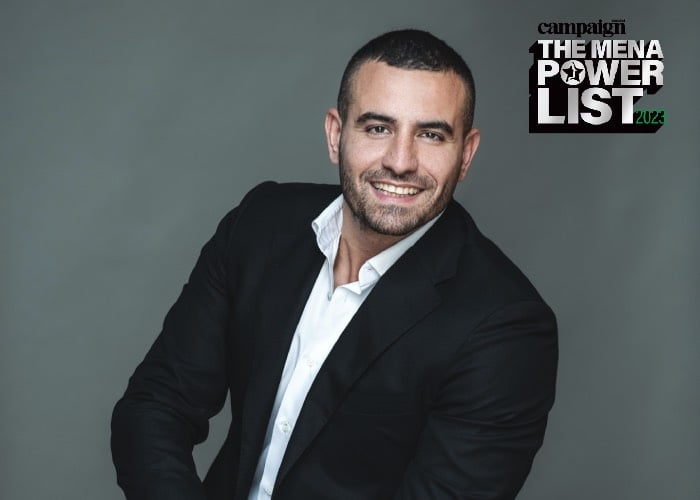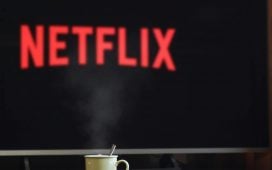Tony Wazen has been the CEO of Publicis Media Middle East for 6 months. His favourite hobby these days is padle.
At the heart of the media and marketing industry lies a potent combination, a shared purpose, unwavering commitment, a spirited drive, and a collective behaviour defined by integrity and competence.
Together, these elements form the magic potion that doesn’t just represent values; they act as catalysts that fuel business transformation, enabling brands to lead the change in the media/marketing landscape.
As we assess the current state of affairs, it’s evident that the traditional agency model is in a state of flux. Performance media, with its focus on tangible outcomes, is steadily emerging as the pivotal strategy for a multitude of brands.
Performance media in a modern age
Performance media, encompassing a broad spectrum from influencer marketing and affiliate strategies to commerce, display ads, search engine marketing, native advertising, and the vast domain of social media marketing, has a central mission, to enhance effectiveness and streamline efficiencies, ensuring clients receive the best return on their investments.
The pressures of today’s media/ marketing landscape are undeniable. As clients’ requirements evolve, audience behaviours shift, and the relevance of various channels undergoes transformation, the traditional methodologies of performance media find themselves challenged in an environment where linear funnels are becoming obsolete.
The contemporary agency model must evolve beyond just executing and fine-tuning campaigns. It’s imperative to adopt a comprehensive approach, one that sets clear strategic directions, integrates the most suitable technology solutions, meticulously refines both data and creative assets, and ensures a cohesive synergy to amplify campaign results and align with the overarching objectives of clients.
Setting the pace, crafting the future
Navigating the intricate landscape of media and marketing demands more than just adaptability; it requires a forward-thinking approach.
Agencies today must be agile, proactive, and ready to address the real-time marketing challenges that arise, especially with the engagement patterns of modern consumers. This isn’t about merely adapting; it’s about leading the change, setting the pace and crafting the future.
“Personalisation at scale is a game-changer in both growth and client retention”
The four pillars: data, technology, operations and talent
Central to this evolution is the recognition of four core pillars. Data stands paramount. In the media/marketing arena, data isn’t just numbers; it’s the compass guiding our strategies. It provides invaluable insights into consumer behaviours and preferences, enabling the crafting of resonant, impactful strategies.
Then there’s technology. Beyond the tools and platforms, it’s about harnessing end-to-end channel suites, powered by the right operating systems and leveraging partner tech capabilities.
The aim? Personalisation at scale, is a game-changer in both growth and client retention. Operations follows, emphasising not just execution but agility. It’s about ensuring every campaign transitions smoothly from ideation to delivery, optimising workflows, and guaranteeing timely, quality outputs. And of course, Talent.
The heart of any agency. But it’s more than just having a team; it’s about nurturing a culture of continuous learning, innovation and expertise in omnichannel enablement and optimisation.
Orchestrating the future
Innovation remains key, especially as we build the next-gen middleware technology layer, orchestrating tech platforms and data providers across channels and regions.
This orchestration, aimed at delivering measurable outcomes, is what will define success in this modern marketing world. By strengthening these pillars and embracing a holistic approach that integrates omnichannel data strategies and agile operational methodologies, we’re not just preparing for the future; we’re building it.
For change to work, it doesn’t always have to be a reactive strategy that is implemented only when things go wrong. Change needs to be part of the natural order of things, as you cannot be a constant in an industry that is continuously shifting, it is a competitive advantage that unlocks growth and makes you more relevant as a solution.










